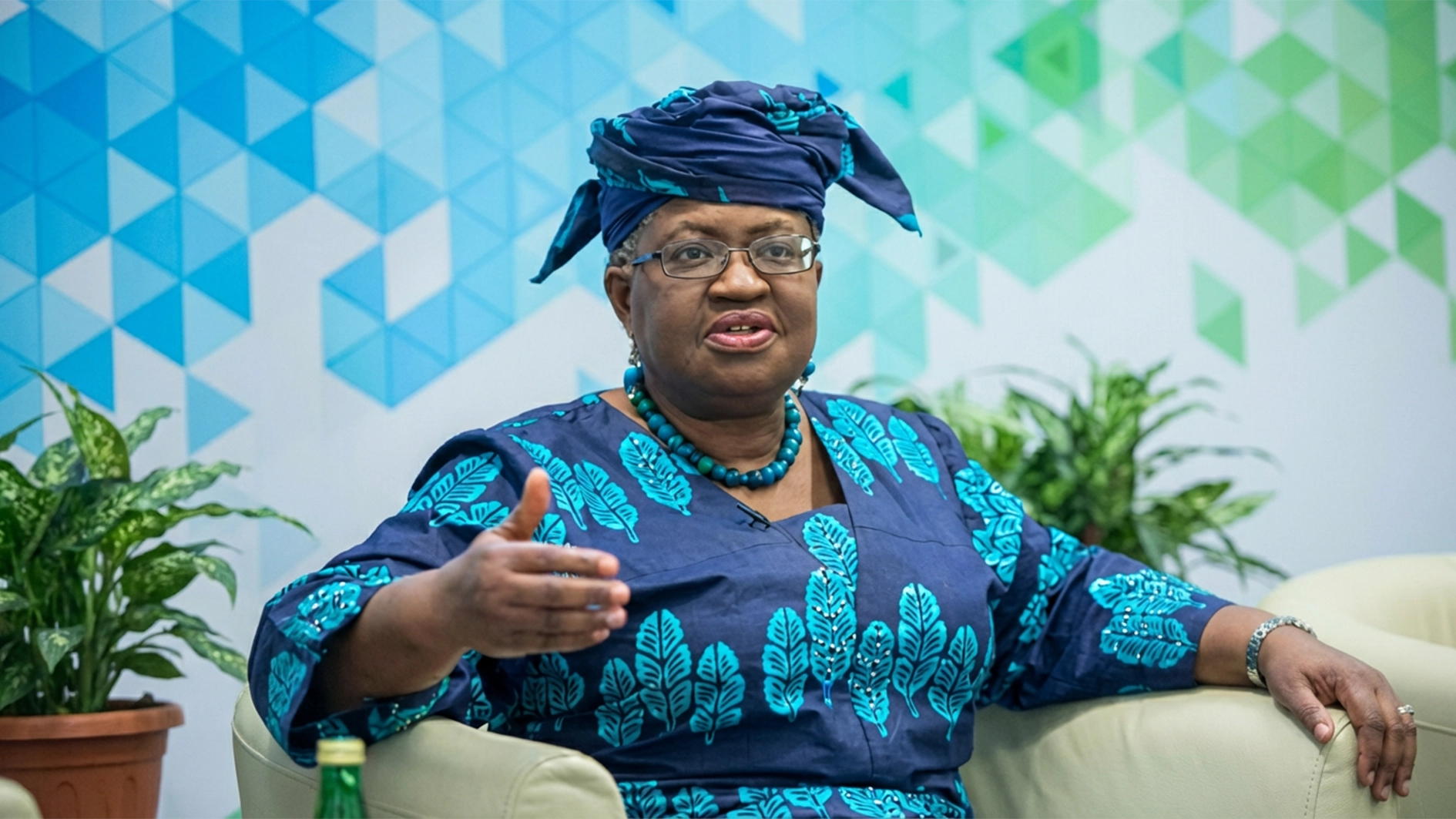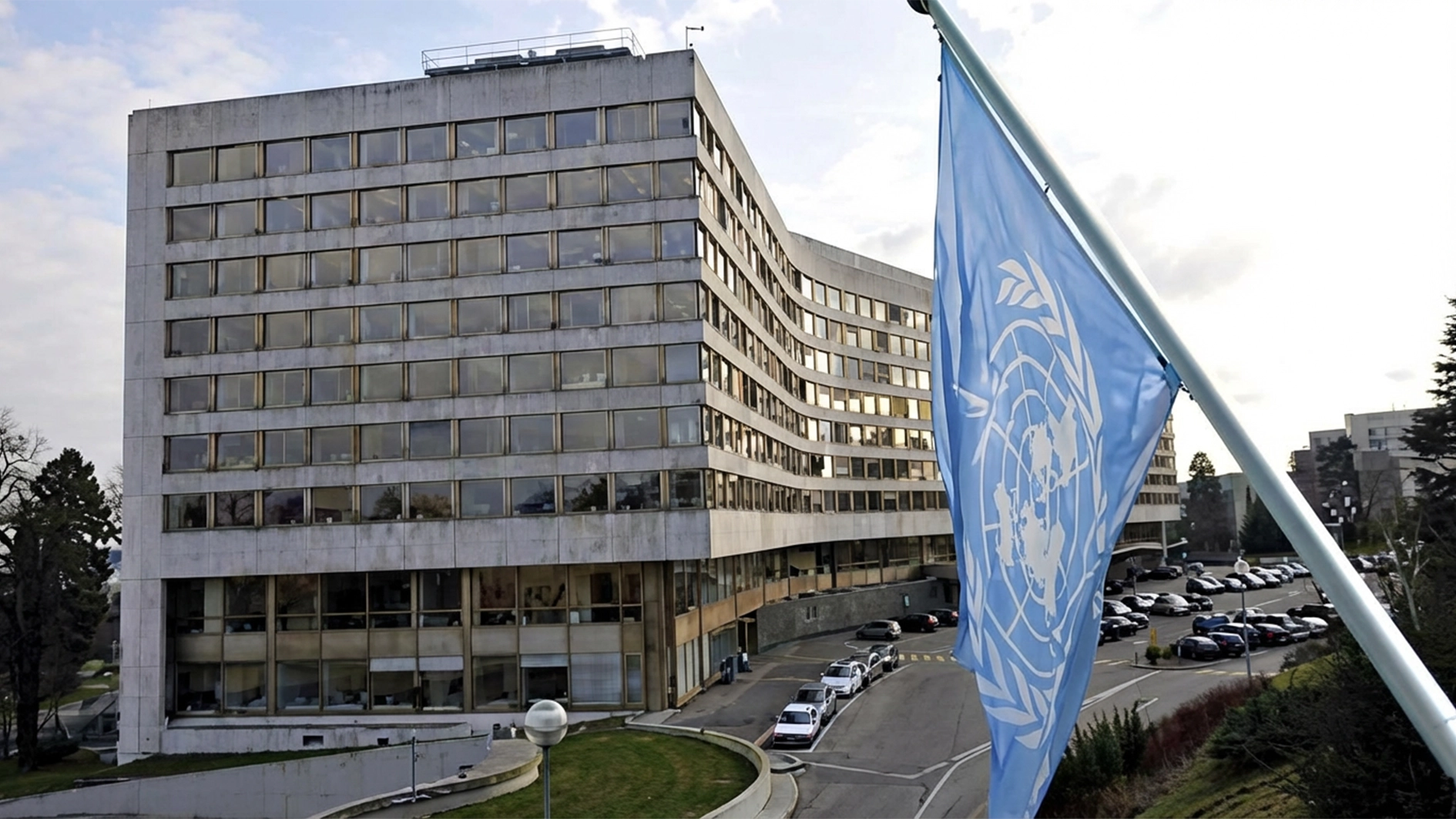The Director-General of the Lagos Chamber of Commerce and Industry (LCCI), Dr Chinyere Almona, has noted that the latest data from the National Bureau of Statistics (NBS) on inflation and capital importation are extremely disturbing, especially for businesses and the economy.
She said while headline inflation might have eased and capital inflows are rising, as shown by Q1 data, the details revealed persisting structural weaknesses that continue to weigh on the economy.
Nigeria’s headline inflation rate dropped to 21.88 per cent in July 2025, down from 22.22 per cent in June and well below the 33.4 per cent recorded in July 2024.
This, she said, is welcome progress and reflects the impact of recent reforms and changes in the CPI base year.
However, the month-on-month inflation rate increased to 1.99 per cent in July, up from 1.68 per cent in June, showing that prices still rise in real time for households and businesses, she said.
Almona said that while inflation is moderating, food inflation remains shockingly elevated at 22.74 per cent year-on-year, with rural communities experiencing sharper monthly increases than urban centres.
“This persistent rise in food costs underscores the urgent need for targeted interventions in agriculture, rural infrastructure and logistics efficiency to ease supply-side bottlenecks. We need policy interventions that support more productive economic activities, create sufficient supply, make goods available at the right places, create jobs and let businesses thrive in an enabling business environment,” she said.
The DG said any intervention being carried out must deal with high energy costs, power supply, logistics, infrastructure deficits, business process bottlenecks around licensing and registration, access to credit and FX liquidity through non-oil exports.
Touching on capital importation, she noted that Nigeria attracted $5.64 billion in Q1 2025, representing a 67 per cent year-on-year increase and 11 per cent growth quarter-on-quarter.
“While this surge signals renewed investor interest, the structure of inflows raises concern. Over 90 per cent of total inflows were in portfolio investments, short-term funds chasing high yields in government securities. By contrast, Foreign Direct Investment (FDI) plunged to $126.29 million, down 70 per cent from the previous quarter, accounting for just 2.24 per cent of total inflows.”
This imbalance she said, reveals that investors remain extremely cautious about making long-term commitments to Nigeria’s real sector.
Particularly worrying she said is the continued decline in investment into manufacturing, which attracted only $129.92 million in Q1 2025, a 32 per cent drop from the same period in 2024. Weak inflows into this critical sector reflect persistent challenges around FX liquidity, energy costs, job losses and operating uncertainties, all of which have driven several multinationals to scale back or exit, she said.
She called for urgent measures to translate macro-level gains into broad-based, sustainable growth including deepening structural reforms to create a more efficient oil and gas sector that supports cheaper energy and logistics costs.
“Similarly, we need a more structured and efficient power sector to increase electricity supply.
“Also, government must strengthen incentives for FDI, including stable tax and regulatory frameworks that reduce perceived risks as well as rebuild domestic investor confidence, as local capital commitments often precede foreign inflows.
“Furthermore, we want the government to consolidate macroeconomic stability, ensuring predictable exchange rate management and monetary policies. Also, government should expand agricultural support to tackle food inflation, especially in rural areas with acute cost pressures.
“Finally, we must take manufacturing seriously and reposition the real sector and industry through targeted policies that attract capital into value-adding and job-creating sectors.”
Noting that while the easing of headline inflation and the rise in capital inflows are encouraging signals, she said we must not lose sight of Nigerian households grappling with rising costs and investors remaining hesitant to commit long-term capital.
“The heavy reliance on short-term portfolio inflows is not sustainable. Our economy urgently needs a deliberate strategy to attract and retain productive investment that drives jobs, industrial growth, and long-term competitiveness,” she concluded.






